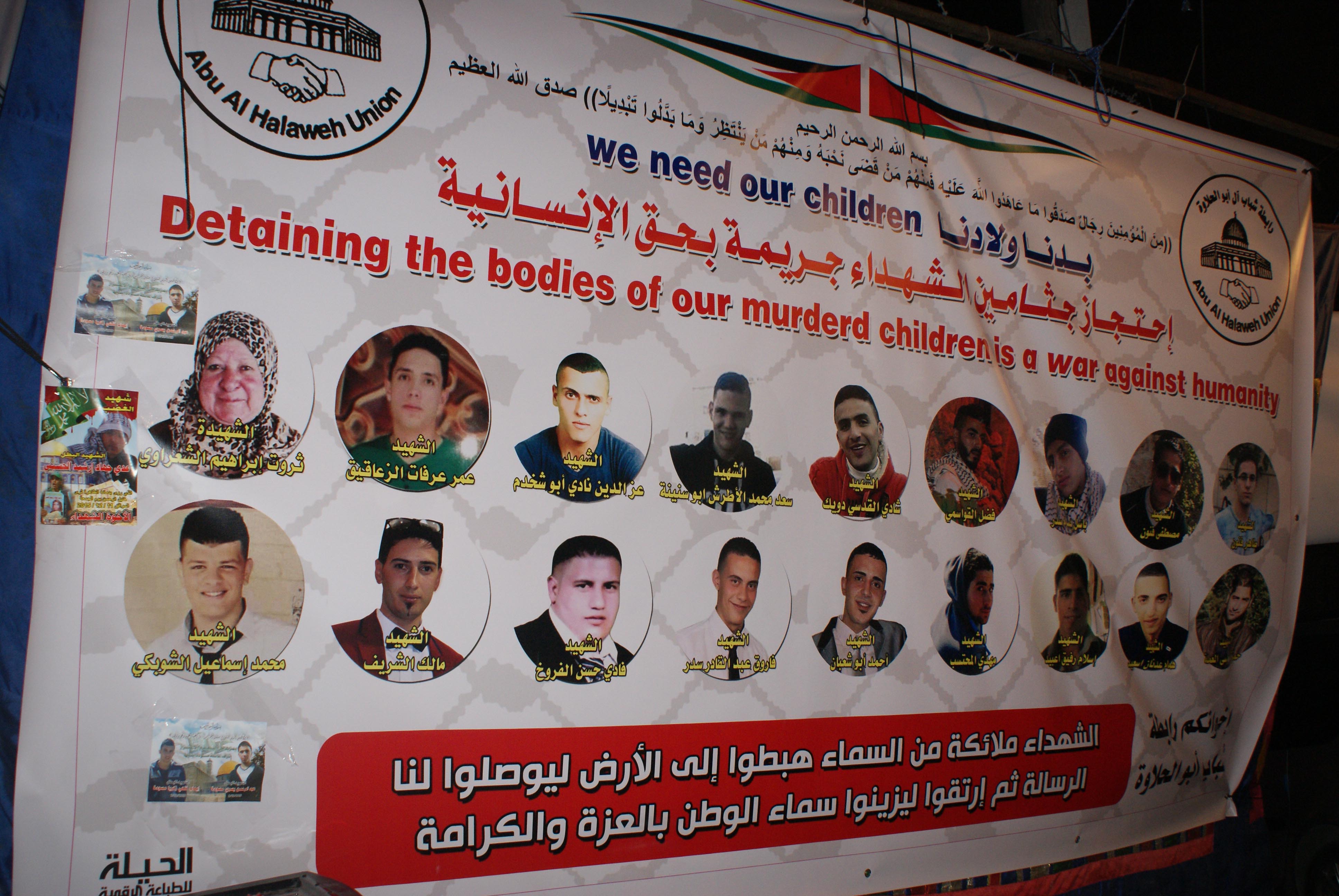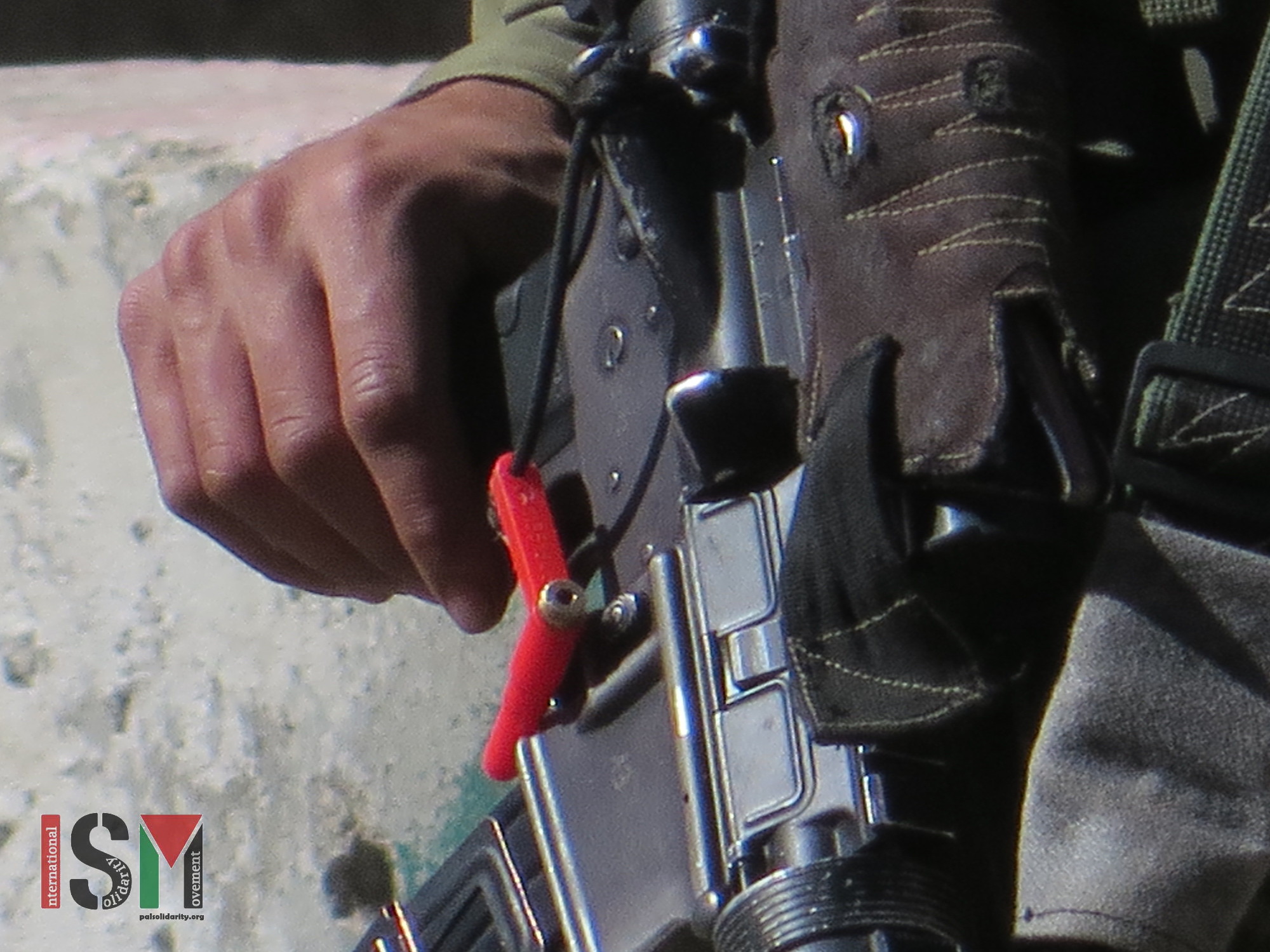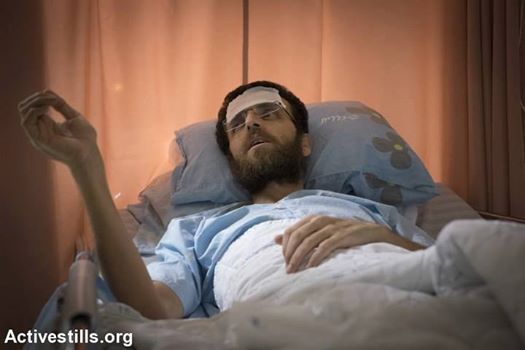-
Video: Willful Killing
20th February 2016| ProPal | Occupied Palestine This video produced by ProPal shows examples of Israel’s ongoing policy of executing Palestinians and how Israeli politicians instruct and encourage Israeli forces to shoot to kill any Palestinian suspect.
-
Palestinians aggressively harassed by Israeli forces on their way to prayer
19th February 2016 | International Solidarity Movement, al-Khalil team | Hebron, occupied Palestine On 19th February 2016, as Palestinians were on their way to the Friday prayer in Ibrahimi Mosque in occupied al-Khalil (Hebron), Israeli forces stopped, delayed, body-searched and harassed them. Like every Friday, Palestinian men, women and children made their way through the […]
-
Sit-in in solidarity with Muhammad Al-Qiq at Birzeit University
19th February 2016 |Birzeit University | Birzeit, Ramallah, occupied Palestine Birzeit University administration, Workers’ Union, and students organized a sit-in in solidarity with its former student and head of students council, Journalist Muhammad Al-Qiq, who has been on hunger strike since November 25 against his imprisonment without charges or trial. Protestors called for immediate and […]
Action Alert An Nabi Saleh Apartheid Wall Arrests BDS Bethlehem Bil'in Cast Lead Demonstration Denial of Entry Ethnic Cleansing Farmers Gaza Global Actions Hebron House Demolition International law Israeli Army Jerusalem Live Ammunition Nablus Ni'lin Prisoner Ramallah Rubber-coated steel bullets Settlement Settlers Settler violence Tear-Gas Canister Video



